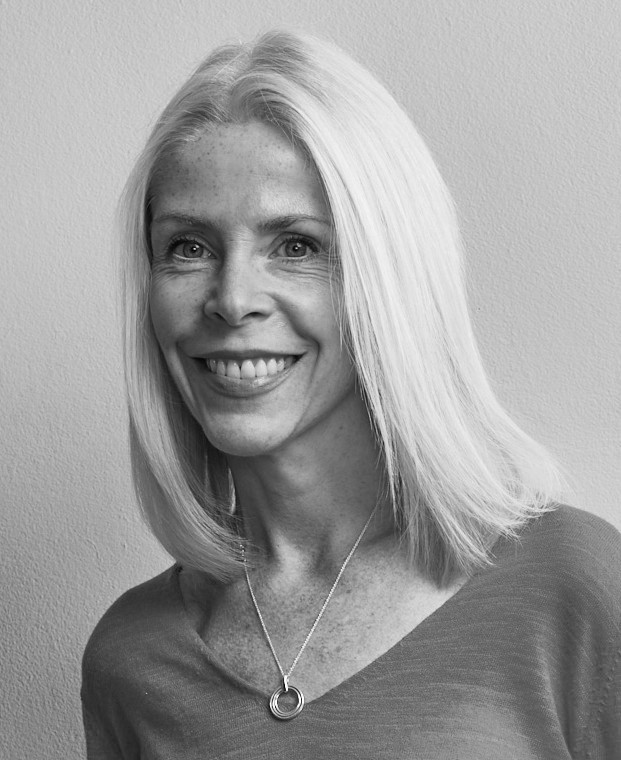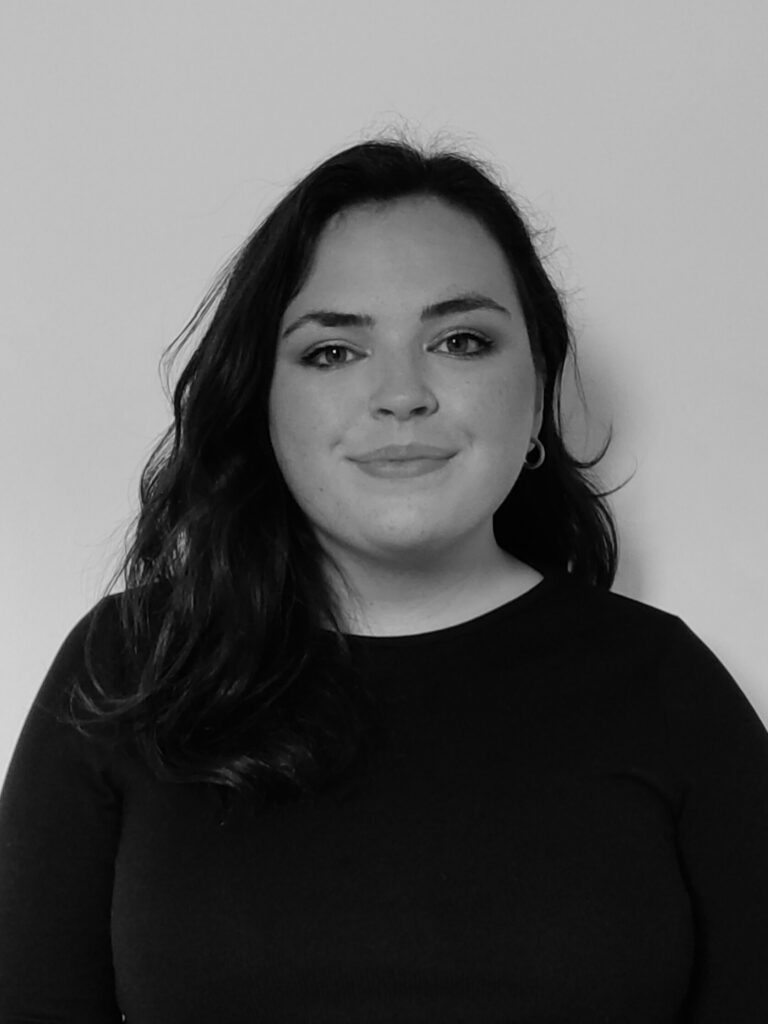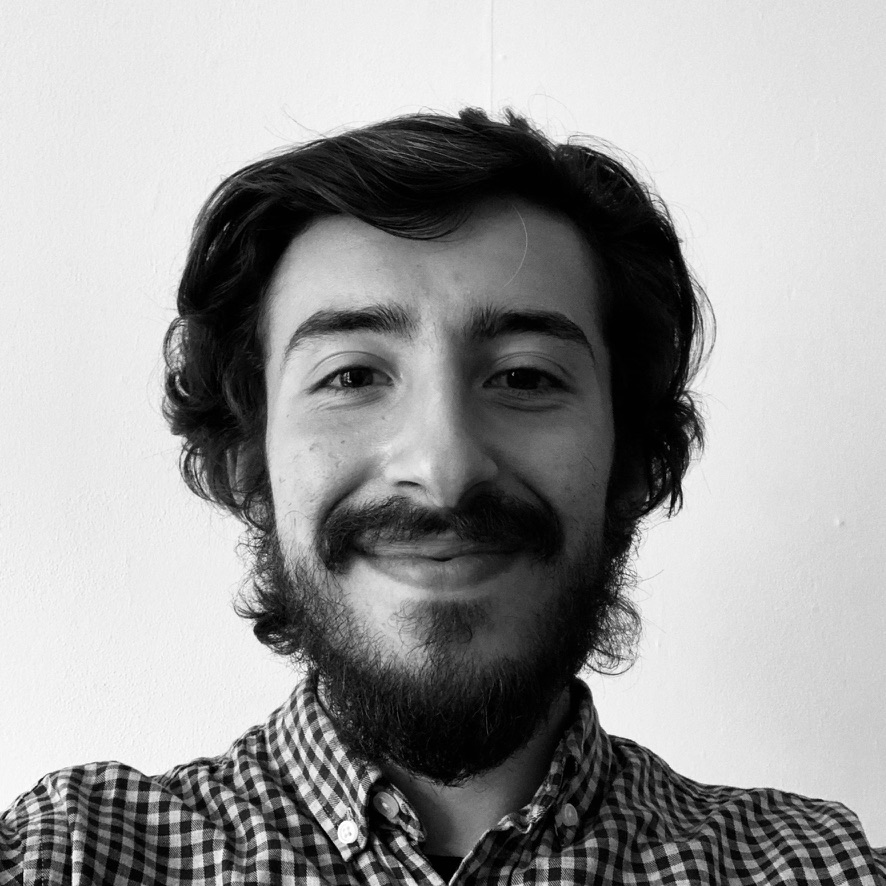
In this episode, Lucy Crompton-Reid, the Chief Executive of Wikimedia UK, is joined by Linda Bauld, Professor of Public Health, Sarah Lappin, head of the Edinburgh Women in STEM Society, and Áine Kavanagh, a former reproductive biology student at the university, to discuss the underrepresentation of women on Wikipedia pages. This episode is the fourth of our Wikimedia Series, which aims to recontextualize Wikimedia’s role in academia on its 21st birthday.
At the moment, less than 20% of biographies on the English Wikipedia are about women. In 2018, it was projected that an even lower percentage of women are contributors, with less than 14% of contributors to English Wikipedia identifying as female. There is clearly an underrepresentation of women on Wikipedia. This episode serves to discuss the question: Where are the women? As Lucy says cleverly at the beginning of the conversation, the answer is they’re probably on this podcast.
The quartet offers a variety of perspectives on why women are underrepresented on Wikipedia and what can be done about it. They discuss the ‘vicious cycle’ of the media favoring male scientists and how the underrepresentation is not confined to just women. They also discuss: How has the education sector improved in regards to representation of women in STEM? What areas need further improvement? And what is each participant’s call to action?
It’s difficult to think about in isolation. I think discussions of the lack of visibility of women could definitely be extended to the lack of visibility of black scientists in the UK and as well as queer scientists and scientists of color. It’s a self reinforcing thing that the most visible people are the most contacted and then become even more visible. And I suppose there’s a lot of big systems at play to try and fight against.
Áine Kavanagh
This concise, call-to-action is an essential listen for anyone interested in bringing equality to digital spaces and looking to improve the representation of underrepresented groups.
The next episode of our Wikimedia Series, ‘Wikimedia & History’, will be released next week.
Listen Now:
Transcript:
|
 Linda Bauld
Linda Bauld
Professor Linda Bauld OBE is the Bruce and John Usher Chair in Public Health in the Usher Institute, College of Medicine at the University of Edinburgh and Chief Social Policy Adviser to the Scottish Government. For the past 25 years she has led a range of studies to prevent or treat the main modifiable risk factors for Non Communicable Diseases with a particular focus on tobacco, alcohol, diet and inequalities in health. She is Director of the SPECTRUM Consortium, involving 10 UK Universities and partner organisations funded by the UK Prevention Research Partnership. She has also been involved in research on Covid-19, in particular examining asymptomatic testing and behavioural responses to public health guidelines. She is a former Scientific Adviser to the UK Department of Health and the World Health Organisation Framework Convention Secretariat on tobacco control. Between 2014 and 2021 she combined her academic roles with serving as Cancer Research UK’s cancer prevention adviser. Professor Bauld is a Trustee of Diabetes UK and a Fellow of the Royal College of Physicians of Edinburgh, the Faculty of Public Health, the Royal Society of Edinburgh and the Academy of Social Sciences.
 Sarah Lappin
Sarah Lappin
 Áine Kavanagh
Áine Kavanagh
Áine Kavanagh is a second year student on the Scottish Graduate Entry Medicine programme. She previously studied under Prof Norah Spears on the Reproductive Biology degree course at University of Edinburgh. During this time she wrote a Wikipedia entry for high grade serous ovarian carcinoma, the most common type of ovarian cancer.
Lucy Crompton-Reid
Lucy Crompton-Reid is the Chief Executvie of Wikimedia UK.
Series produced and edited by:
 ERIC BERGER
ERIC BERGER
Eric is a Mathematics and Statistics student at The University of Edinburgh, and a podcasting intern for Teaching Matters. Eric is passionate about university student mental health, interviewing researchers for the Student Mental Health Research Network at King’s College London, leading the University of Edinburgh’s WellComm Kings Peer Support Scheme, and conducting research on stigma for People With Mental Illnesses (PWMI). In his free time, he enjoys watching and playing sports, over-analysing hip-hop songs, podcasts, and any sort of wholesome shenanigans.


